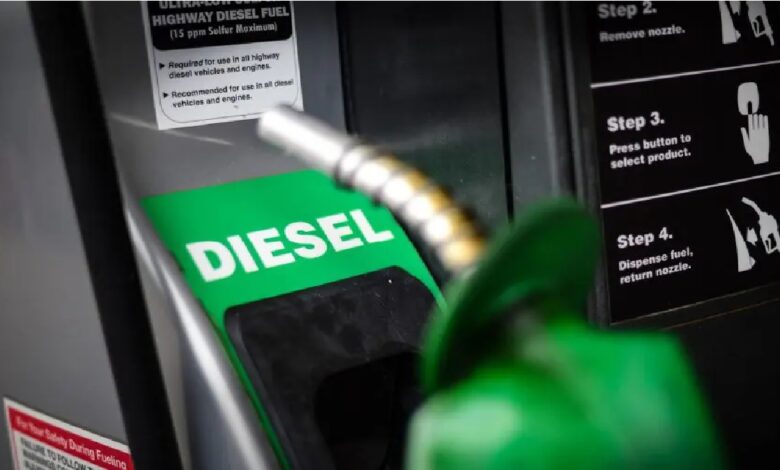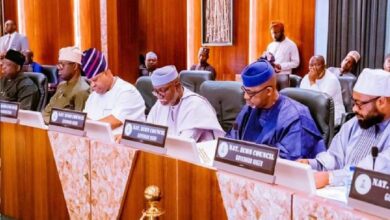How Diesel Price Hike Affects Nigeria’s Road Transport Sector

The road transport sector in Nigeria is facing a major challenge as the price of diesel, the main fuel used by trucks and buses, has doubled in the past two years. The Chief Executive of Midstream and Downstream Petroleum Regulatory Authority (NMDPRA), Farouk Ahmed, revealed this in a recent meeting with the Nigerian Association of Road Transport Owners (NARTO).
According to Ahmed, the diesel price has risen from N700 per litre in 2022 to N1400 per litre in 2024, due to the global market dynamics and the exchange rate fluctuations. This has increased the operating costs of the road transport operators, who are demanding a corresponding increase in the freight rates.
However, the NMDPRA, which regulates the midstream and downstream petroleum sector, has refused to enforce any freight price increase, citing the need to protect the consumers and the economy from inflationary pressures. Instead, the regulator has advised the transport operators to negotiate with the petroleum marketers, who supply the diesel.
This has led to a stalemate between the transport operators and the marketers, who have been reluctant to lower their profit margins. As a result, NARTO, the umbrella body of the road transport owners, threatened to go on a nationwide strike to press for their demands.
The strike was averted after the intervention of the NMDPRA and the Federal Ministry of Transportation, who brokered an agreement between the parties. NARTO agreed to suspend the strike and resume work, while the marketers agreed to offer some concessions on the diesel price.
The National President of NARTO, Othman Yusuf, clarified that the issue was not about the pump price of diesel, which remains unchanged, but about the freight rate, which determines the income of the transport operators. He said that there has been some improvement in the freight rate, though not as much as they expected. He added that they will continue to engage with the marketers based on the economic realities.
The diesel price hike has a significant impact on the road transport sector, which accounts for over 90% of the passenger and cargo movement in Nigeria. The sector is vital for the socio-economic development of the country, as it connects the rural and urban areas, facilitates trade and commerce, and provides employment and income for millions of Nigerians. Therefore, it is important to find a sustainable solution that balances the interests of the transport operators, the marketers, the consumers, and the economy.




